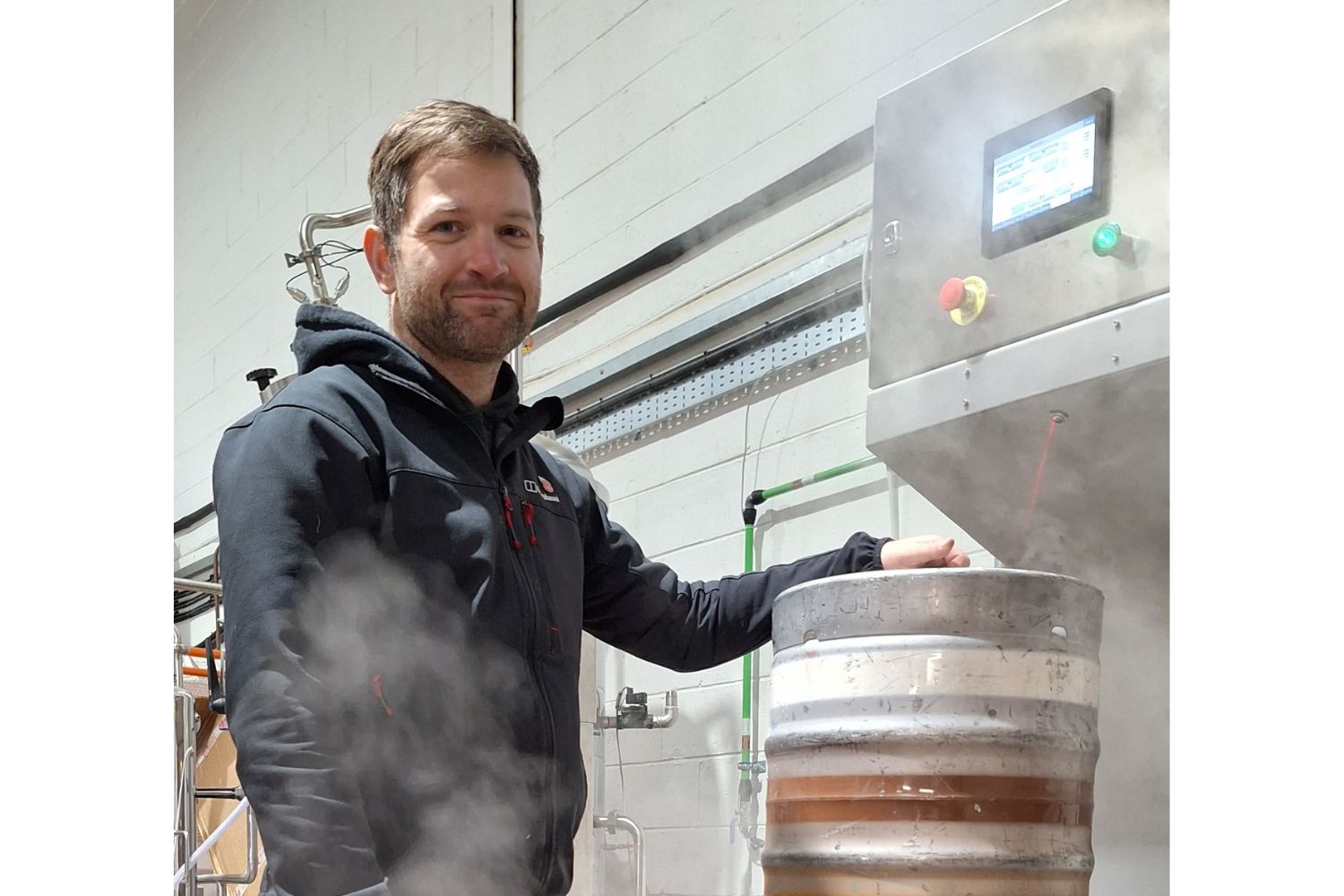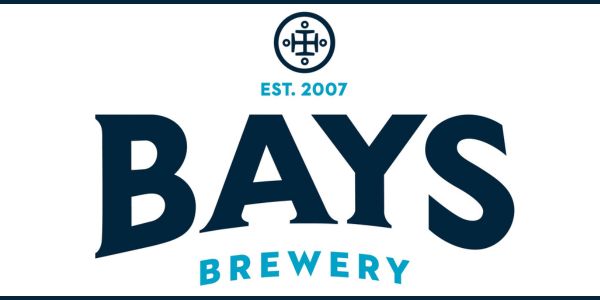Brightside Brewing, a manufacturer of gluten-free beer, is the latest to secure backing from Made Smarter’s adoption programme.

Lance Friedrich, of Brightside Brewing
The family-run brewery, based in Radcliffe, is among the latest wave of businesses starting their digitalisation journey to benefit their bottom line and the environment. Brightside invested in new technology to improve control in its kegging process.
It means 300 businesses have now received matched funding from the government-funded, industry-backed initiative, to adopt technologies as diverse as sensors, robotics, 3D printing, and artificial intelligence (AI).
“We’re extremely grateful for the help, support, and training we’ve received by working with Made Smarter,” said brewery director Carley Friedrich.
“It’s helped us take a critical look at our business’ digital needs, understand how to improve on weaknesses that were found, as well as how to capitalise upon existing strengths.
“The grant we received towards our kegging equipment has also, undoubtedly, been a game changer. This investment gives us more control over a process which was previously totally outsourced, thereby providing more stability and autonomy for the business, increasing profitability, and also upskilling our brewery team.”
The 350 technology projects backed by Made Smarter over the last five years are set to lead to the creation of almost 1,600 new jobs and more than 2,850 upskilled roles. They could add £242m to the economy over the next three years.
Donna Edwards, director of the Made Smarter Adoption Programme in the North West, said: “Our mission is to engage with the thousands of manufacturers out there who we are certain could benefit from our support.
“As such, we are redoubling our efforts to reach more businesses, and to inspire and inform them about the benefits of technology adoption.
“For many, this may be helping them take the first step to digitise manual and paper-based systems, or using sensors to capture vital production data.
“But for others with a digital infrastructure in place, they may be ready for more sophisticated, boundary-pushing technologies, such as analytics, machine learning, and AI, which are evolving at unprecedented speed.”









